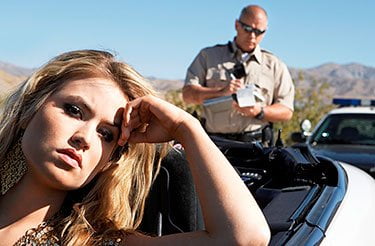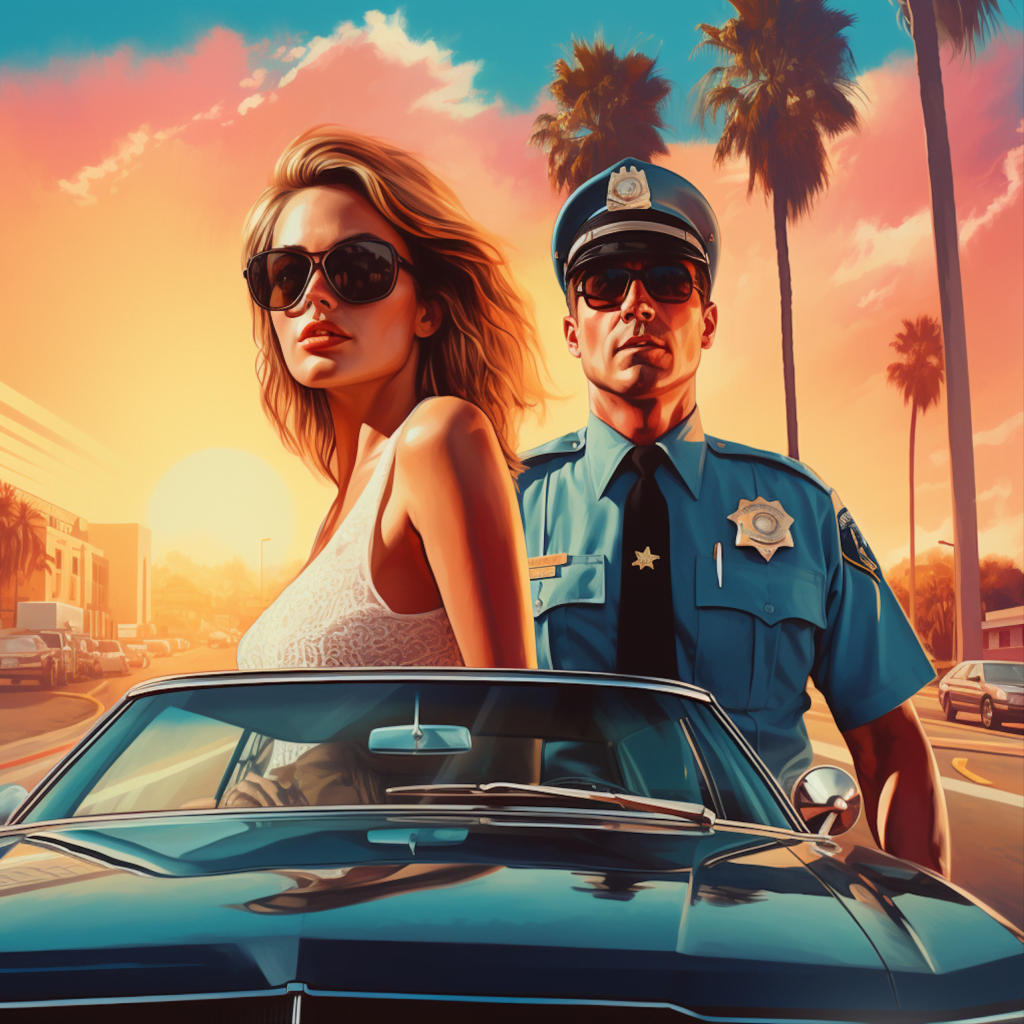5 Ways to Avoid Getting Pulled Over

In California, a police officer must have probable cause to lawfully pull over a driver. This means you aren’t supposed be pulled over only because a cop doesn’t like the way you look, or thinks you’re probably up to something no good just because it’s well after midnight. Unfortunately, the standard for probable cause is relatively low when it comes to traffic stops.
In California, a police officer must have probable cause to lawfully pull over a driver. Probable cause is a legal term which, in the context of a traffic stop, means visual or other indications that would lead a reasonable person to believe that a vehicle operator or passenger has done something illegal. This means you aren’t supposed be pulled over only because a cop doesn’t like the way you look, or has a hunch that you are up to something improper just because it is late at night.
But with that said, the standard for probable cause is relatively low when it comes to traffic stops. If a cop wants to pull you over, it’s pretty easy for them to find a legal reason — especially when you unwittingly provide them with a convenient excuse to do so. Here are 5 avoidable reasons you might be pulled over even when you’re doing nothing wrong.
1. Burned out lights
A burned out license plate lamp or taillight is a common pretense for a motorist to get pulled over. Once you’ve been stopped, the cop can question you about what you’re up to, where you’re going, anything you might have in the car, and so on. If they detect even a slight odor of alcohol or other substances, an innocuous traffic stop can lead to a DUI investigation and possibly a set of handcuffs.
Instead, check your car periodically to make sure all bulbs and lamps are working correctly. It’s usually inexpensive and relatively easy to replace bulbs yourself, but if you are not mechanically inclined, many auto parts stores will do it for free when you buy replacement bulbs.
2. Turned off lights
Many of today’s vehicles feature elaborate LED and computer-screen dashboards that are always lighted when the car is running. Unlike the old days when the dashboard lights only came on with the headlights, these always-on dashboards fool many drivers into thinking their lights are on at night when they actually aren’t. Driving down the road at night with headlights off is obviously dangerous, but it’s becoming a common sight. Getting pulled over for this violation is justifiable, but 100% preventable. Avoid this high-tech pitfall by selecting the “auto” setting for your headlights and letting your car turn the lights on and off for you.
3. Equipment violations
Whether you’ve modified your car as a personal expression of your individuality, or you’ve allowed time and the elements to take their toll on the condition of your vehicle, a police officer can frequently find a reason to stop you for a suspected equipment violation. Tint film that’s a bit too dark, an exhaust system that’s kind of loud, an absent front license plate, or a missing mirror or bumper can all be cause for getting pulled over.
4. Weaving within your lane
With modern distractions like GPS systems and in-car infotainment systems, and old-school ones like spirited conversations with passengers and misbehaving children, a driver’s attentiveness is often stretched to the limit. Driving an unsteady path down the road – even if you never improperly leave your lane – can be used as a pretext for getting pulled over. While weaving within a lane is not technically a violation of California’s motor vehicle code, many police officers will still use it as an excuse to stop a motorist for an impromptu roadside fishing expedition.
5. Tailgating
With the LA area’s heavy traffic, it probably seems like you spend a good portion of your life with a close-up view of the backside of someone else’s car. In stop-and-go traffic, it’s almost impossible to leave enough room between your car and the one in front of you, because much more than a car-length gap is an invitation for someone else to cut in. But following too closely is the leading cause of rear-end collisions, so tailgating is a no-brainer excuse for a cop to pull you over, check your license and insurance, and see if they can turn up any more serious violations to charge you with.










